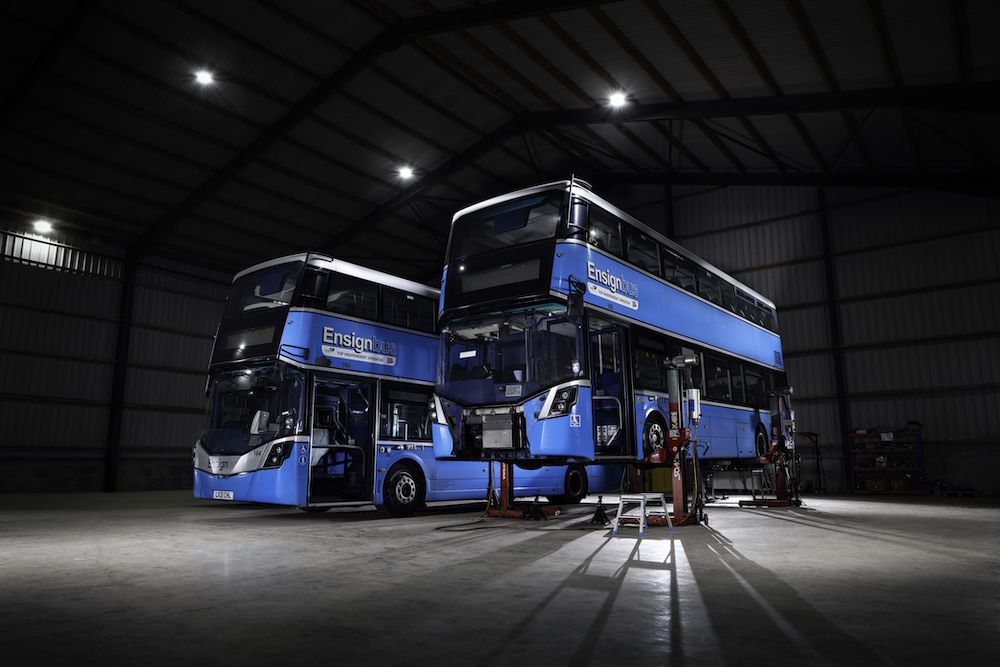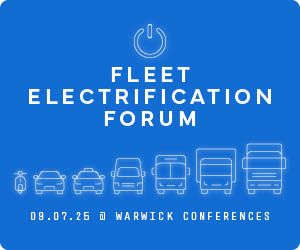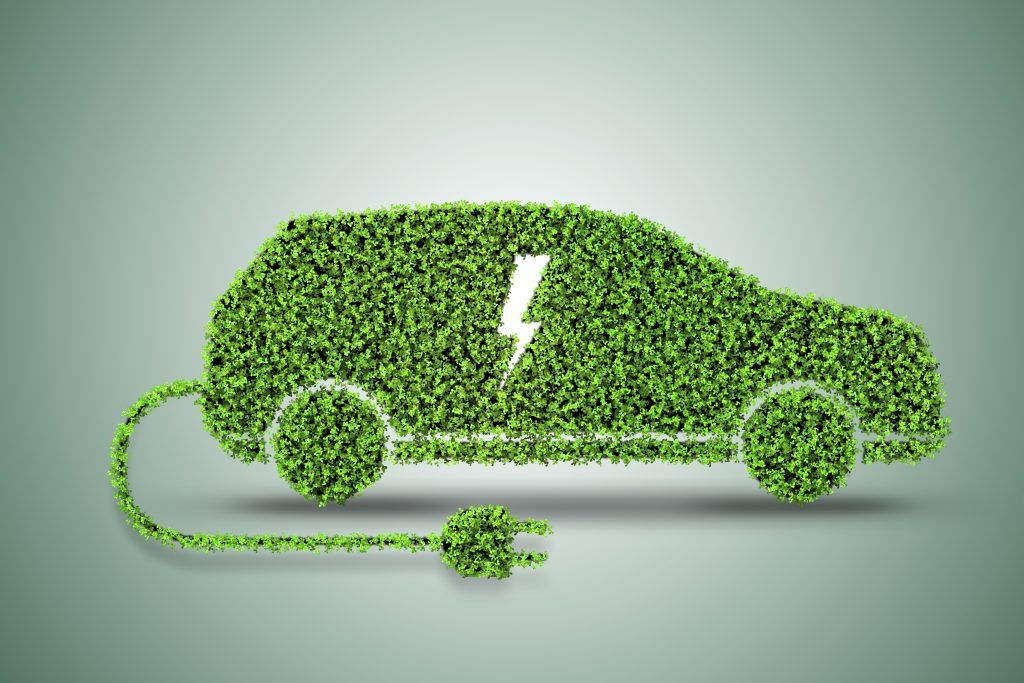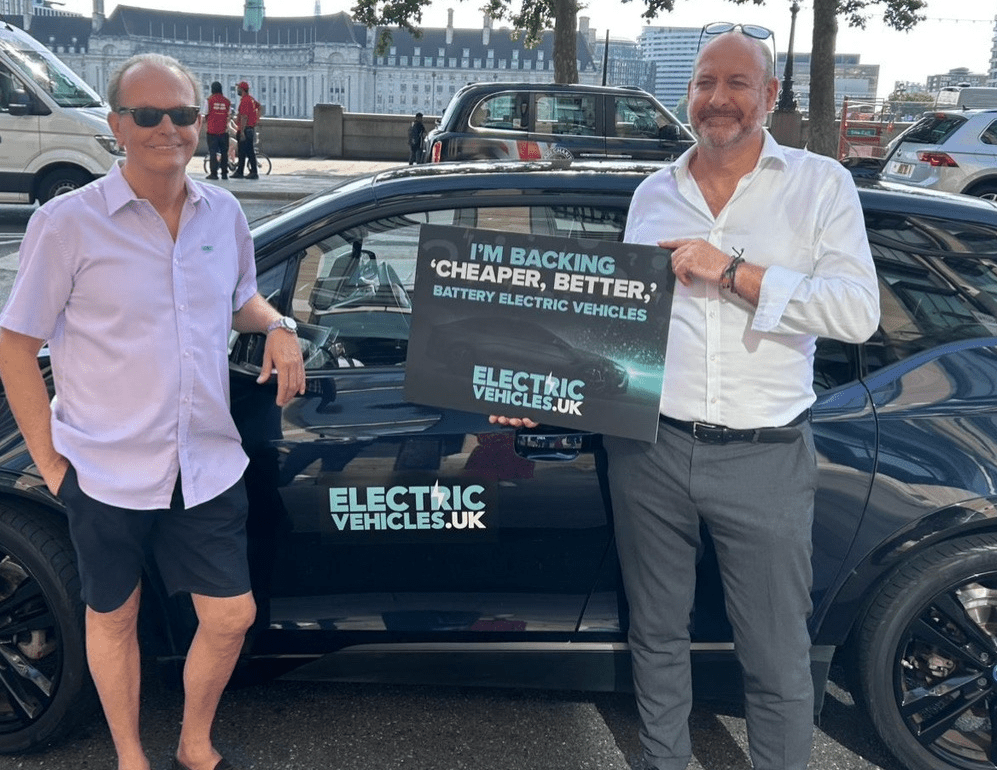Electricity generation and transport are the UK’s two worst offenders when it comes to greenhouse gases, at 21% and 24% of total emissions in 2020. It’s clear that we must target these sectors as a priority in the push to limit climate change. Toddington Harper, CEO of electric vehicle charging infrastructure firm GRIDSERVE, gives his view.
Already, we have seen huge amounts of progress towards decarbonising energy and transport in the UK. However, there is still a long road ahead.
The UK government’s new Powering up Britain plan and the proposed Zero Emissions Vehicle (ZEV) mandate are signs of very positive action to come. It’s fantastic to see that the new plan includes such a significant boost to solar, reaffirming the target of a five-fold increase in solar capacity by 2035 to 70GW – enough to power around 80% of UK homes. Plus, the proposed ZEV mandate puts the UK on track to accelerate the transition to clean transport.
Solar futures
As one of the most abundant and cost-effective forms of energy production, solar energy is truly a critical piece in the net zero puzzle. Often underrated, ground mounted solar is an extremely efficient way of generating electricity. GRIDSERVE’s ground mounted solar farm in Cirencester is a prime example, as it has increased efficiency by 20% compared to traditional technologies by using high-tech bifacial panels and sun trackers.
Solar farms can also be a valuable haven for wildlife, playing an important role in boosting local biodiversity and protecting our threatened native species. This is sorely needed, particularly given the recent WWF report which highlighted that our planet has lost almost 70% of its wildlife in the last 50 years, and the UK is one of the most nature depleted countries globally.
In recognition of the massive benefits of solar, Powering up Britain confirms that land-use categories which currently exist will not be changed to exclude new solar energy projects. This provides an opportunity to ramp-up the development of solar farms – a real win for renewable energy nationwide.
The geopolitical instability and energy insecurity experienced over the last few years has also emphasisedthe need for Britain to invest in a homegrown energy strategy. It’s simply not beneficial for our energy system to rely on importing fossil fuels from far away countries as we currently do. If the government is really targeting the cheapest energy bills in Europe, then we need to get serious about producing more of our energy from renewable sources in the UK.
A ready supply of plentiful, clean, and cheap solar energy will send a ripple throughout the nation’s energy system. It will drive down electricity costs, making electric vehicles (EVs) and their charging more accessible, and accelerating the rate at which we decarbonise road transport. Just one acre of solar farm in the UK can deliver a phenomenal one million clean EV miles for UK drivers every year, showing the immense importance of solar for both our energy and transport systems.
GRIDSERVE recognises that EVs are only as clean as the energy that you put into them. That’s why we’ve created our Sun-to-Wheel ecosystem, integrating a network of hybrid solar and battery farms, to supply 100% clean, solar power to our charging network, and straight into EVs, that can be leased directly through GRIDSERVE, across the UK. However, we need this at scale, which requires further development and investment into solar energy.
ZEV mandate
Making up around a quarter of the UK’s emissions, decarbonising transport is central to reaching net zero.
The proposed ZEV mandate is vital to ensure the supply of EVs meets demand by requiring a proportion of all cars produced in the UK are zero emission from 2024. As demand for EVs increases, and the supply chain develops, there can be longer waiting times for vehicles. This backlog would be eased by the ZEV mandate.
By giving certainty to businesses, the ZEV mandate, now in its final consultation period, will be central to driving investment and will widely increase the availability of EVs. However, the mandate must remain a bold and ambitious target for manufacturers to reach – it simply can’t be watered down if we’re to cut emissions.
Reaching net zero is absolutely achievable. However, we must recognise that renewable energy and EVs go hand-in-hand. If the public and private sectors remain focused on ramping up domestic solar and accelerating the transition to EVs, we can pave the way for a secure, decarbonised and affordable energy and transport future.
Image courtesy of GRIDSERVE.














